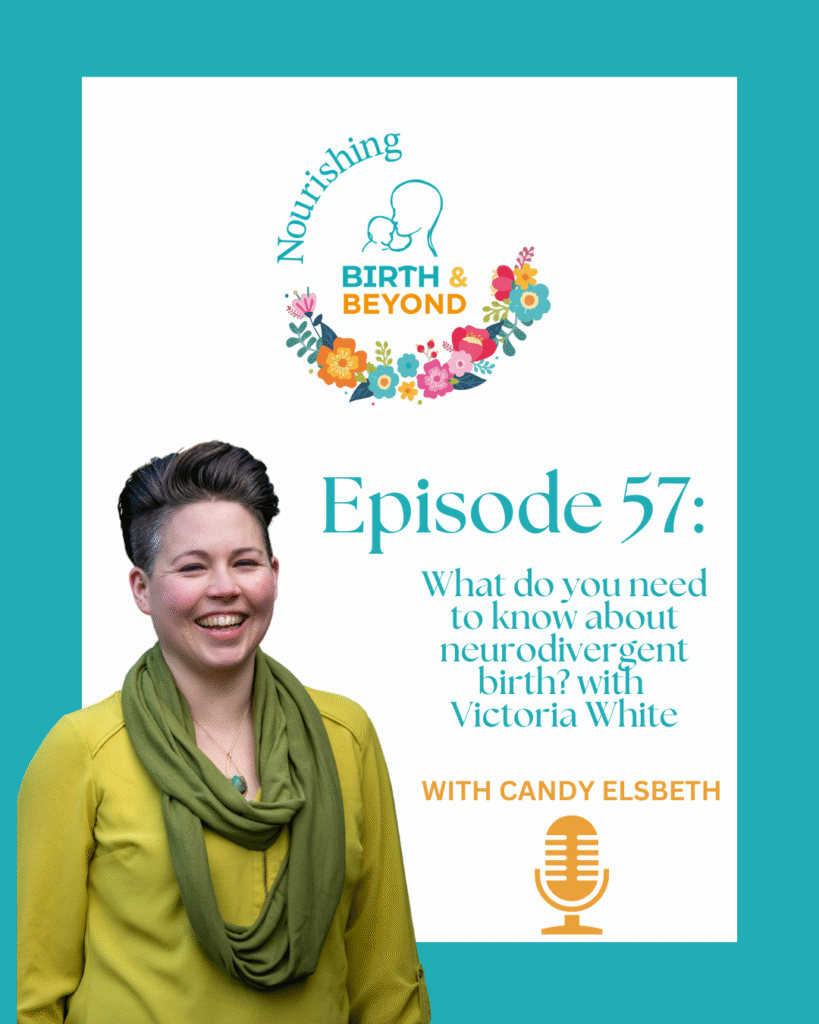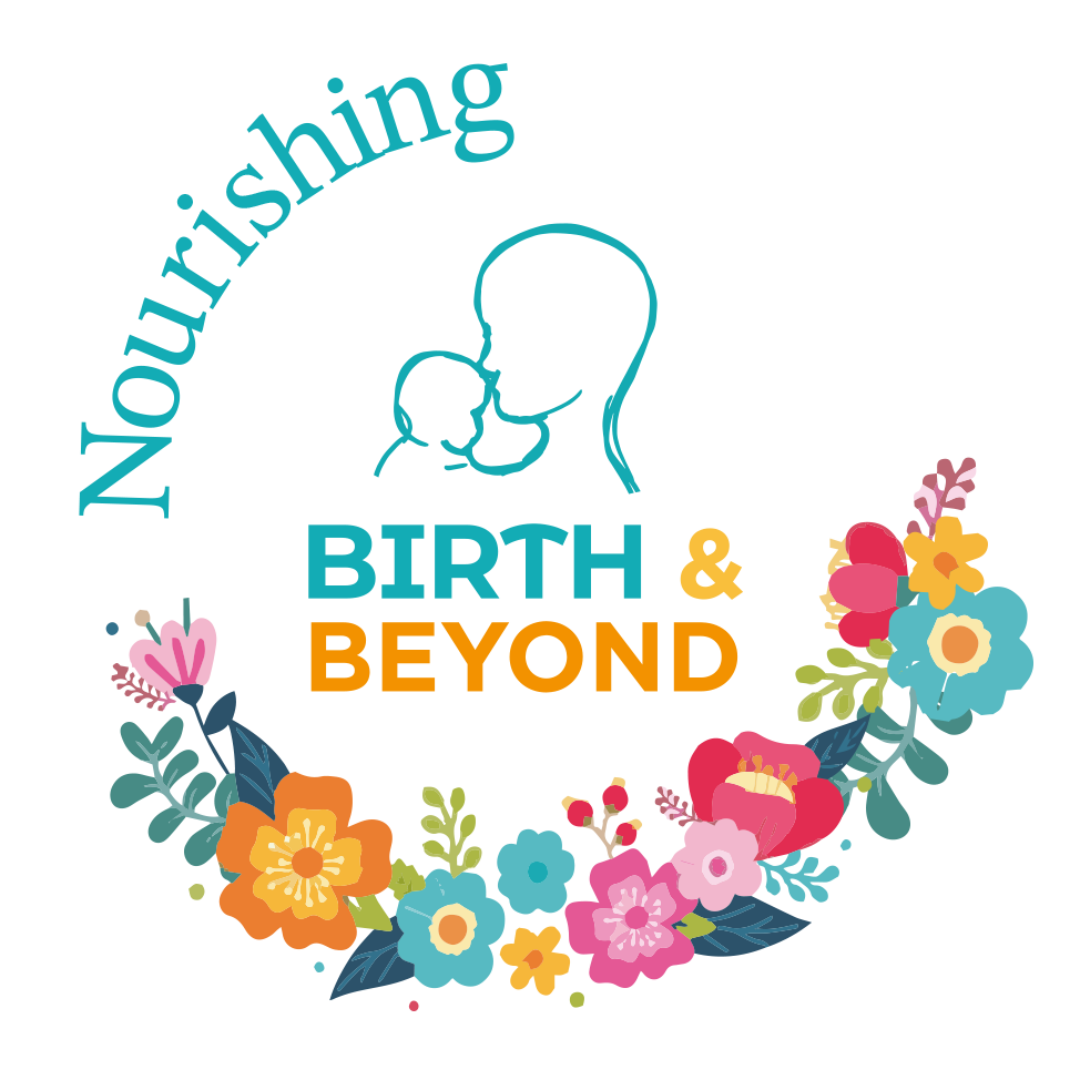
In this episode of the Nourishing Birth and Beyond Podcast I interview Victoria White, founder of Neurodivergent Birth, about the challenges and needs faced by neurodivergent people navigating pregnancy, birth, and the postpartum period. Victoria shares her personal journey, the motivation behind creating a social enterprise to support neurodivergent families, and the development of training and resources for both professionals and expectant parents. We dive into topics like the lack of tailored support in maternity care, the importance of intersectionality, the four pillars of neurodivergent birth (sensory processing, communication, executive functioning, and mental health), and the need for accessible, evidence-based information. Our conversation also highlights the significance of partner support, the impact of privilege and systemic issues, and the value of individualised care plans and resources.
To access the FREE downloads go here:
https://www.ndbirth.com/downloads
Buy “Why Neurodivergent Birth Matters” here (a small percentage is donated to LLL Collective -who are a charity that support infant feeding- if you purchase through this link):
https://uk.bookshop.org/p/books/why-neurodivergent-birth-matters-victoria-white/39bb280587be61ab?ean=9781780668253&next=t&next=t
In this episode of the podcast we talk about:
- Victoria White, a birth and postnatal doula, founded Neurodivergent Birth to address the lack of understanding and support for neurodivergent people during the perinatal period, inspired by her own family’s experiences.
- The inadequacies of the current maternity system, which often fails to accommodate different learning, communication, and sensory needs, especially for those who are undiagnosed.
- The four pillars of support for neurodivergent birth – sensory processing, communication, executive functioning, and mental health – are outlined as essential for providing comprehensive care.
- The importance of intersectionality is stressed, noting that experiences are further shaped by factors like race, socioeconomic status, and cultural background.
- Victoria’s new book, Why Neurodivergent Birth Matters, which compiles lived experiences and evidence-based insights to fill gaps in existing pregnancy literature.
- The increased risks of postnatal depression and anxiety among neurodivergent people, emphasising proactive, individualised support for both birthing people and their partners.
- Accessible, inclusive lactation support and reliable information are identified as critical needs, with resources like LLL Collective highlighted for their role in supporting diverse families.
- The need for systemic change in maternity services, emphasising human rights, autonomy, and the necessity of individualised care plans for optimal family outcomes.
Sound bites from this episode:
“You absolutely have the right to individualized care that is in line with your support needs as a single individual person.”
“There’s still lots of sexism, there’s still fatphobia, there’s still stigma linked to neurodivergence and misunderstanding, and there’s so much to unpick, and I think it’s such vital work.”
“This isn’t just a nice to have topic, it’s a life and death topic that we must really, really have better support for.”
“Most people do want to breastfeed and most people can breastfeed with the right support but we’re just getting it wrong.”
“The same solution won’t fix every problem because every person and baby are so unique.”
Subscribe and Review
Thank you so much for listening to this week’s episode! If you have any questions or feedback, please leave a comment on this post.
If you enjoyed this episode, I’d love for you to share it with another parent who you think might benefit from it.
Also, I’d love for you to leave an honest review of the podcast on Apple Podcasts. This will help me to continuously make each episode better and better. Ratings and reviews are also extremely helpful for helping my work reach more of the parents who need
And please subscribe to the podcast on Apple Podcasts or your favourite podcasting app so that you get automatic updates and never miss an episode!
